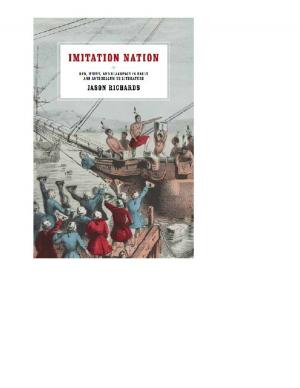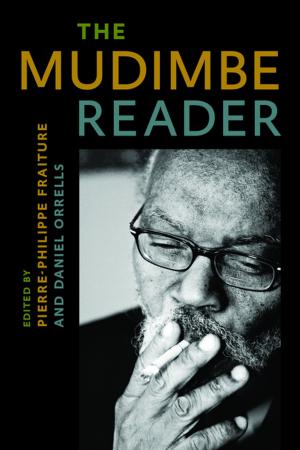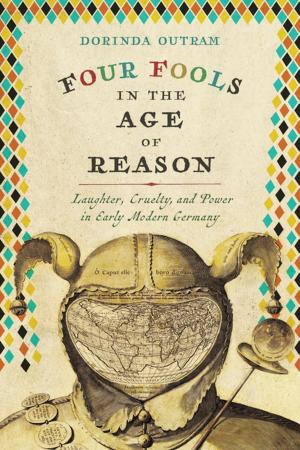The True Geography of Our Country
Jefferson’s Cartographic Vision
Nonfiction, History, Americas, United States, Revolutionary Period (1775-1800)| Author: | Joel Kovarsky | ISBN: | 9780813935591 |
| Publisher: | University of Virginia Press | Publication: | July 1, 2014 |
| Imprint: | University of Virginia Press | Language: | English |
| Author: | Joel Kovarsky |
| ISBN: | 9780813935591 |
| Publisher: | University of Virginia Press |
| Publication: | July 1, 2014 |
| Imprint: | University of Virginia Press |
| Language: | English |
A philosopher, architect, astronomer, and polymath, Thomas Jefferson lived at a time when geography was considered the "mother of all sciences." Although he published only a single printed map, Jefferson was also regarded as a geographer, owing to his interest in and use of geographic and cartographic materials during his many careers—attorney, farmer, sometime surveyor, and regional and national politician—and in his twilight years at Monticello. For roughly twenty-five years he was involved in almost all elements of the urban planning of Washington, D.C., and his surveying skills were reflected in his architectural drawings, including those of the iconic grounds of the University of Virginia. He understood maps not only as valuable for planning but as essential for future land claims and development, exploration and navigation, and continental commercial enterprise.
In The True Geography of Our Country: Jefferson’s Cartographic Vision, Joel Kovarsky charts the importance of geography and maps as foundational for Jefferson’s lifelong pursuits. Although the world had already seen the Age of Exploration and the great sea voyages of Captain James Cook, Jefferson lived in a time when geography was of primary importance, prefiguring the rapid specializations of the mid- to late-nineteenth-century world. In this illustrated exploration of Jefferson’s passion for geography—including his role in planning the route followed and regions explored by Lewis and Clark’s Corps of Discovery, as well as other expeditions into the vast expanse of the Louisiana Purchase—Kovarsky reveals how geographical knowledge was essential to the manifold interests of the Sage of Monticello.
A philosopher, architect, astronomer, and polymath, Thomas Jefferson lived at a time when geography was considered the "mother of all sciences." Although he published only a single printed map, Jefferson was also regarded as a geographer, owing to his interest in and use of geographic and cartographic materials during his many careers—attorney, farmer, sometime surveyor, and regional and national politician—and in his twilight years at Monticello. For roughly twenty-five years he was involved in almost all elements of the urban planning of Washington, D.C., and his surveying skills were reflected in his architectural drawings, including those of the iconic grounds of the University of Virginia. He understood maps not only as valuable for planning but as essential for future land claims and development, exploration and navigation, and continental commercial enterprise.
In The True Geography of Our Country: Jefferson’s Cartographic Vision, Joel Kovarsky charts the importance of geography and maps as foundational for Jefferson’s lifelong pursuits. Although the world had already seen the Age of Exploration and the great sea voyages of Captain James Cook, Jefferson lived in a time when geography was of primary importance, prefiguring the rapid specializations of the mid- to late-nineteenth-century world. In this illustrated exploration of Jefferson’s passion for geography—including his role in planning the route followed and regions explored by Lewis and Clark’s Corps of Discovery, as well as other expeditions into the vast expanse of the Louisiana Purchase—Kovarsky reveals how geographical knowledge was essential to the manifold interests of the Sage of Monticello.















